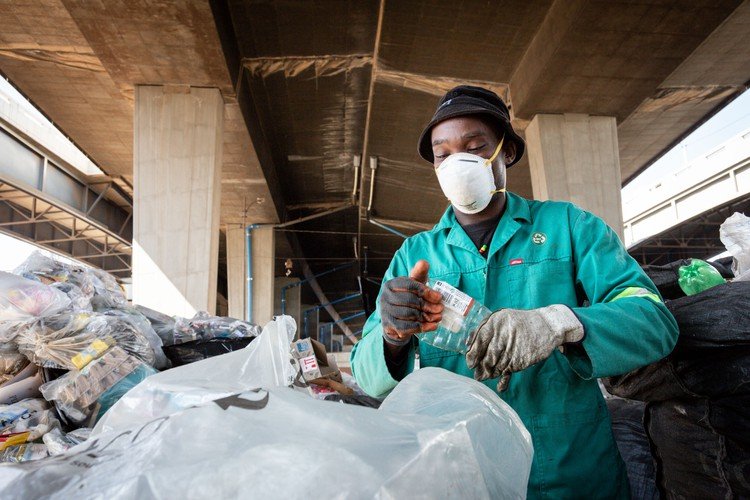Scholarship takes on challenge to tackle child nutrition paradox in SA
Over the past five years, the Centre of Excellence has sought, through research, to help the country reverse course on stunting and childhood obesity
SMART foods could pave way for a healthier nation
Professor Naushad Emmambux is exploring SMART foods as a way to get South Africans off cheap, energy-dense foods and consuming healthier foods.
Small-scale fishers not in the same boat as commercial fisheries
Largely informal, small-scale fishers were left stranded during COVID-19 as their livelihoods were cut off by lockdown measures, as discussed at ‘Covid-19 Impacts on Small-scale Fisheries’, a virtual meeting hosted by the Good Governance Community of Practice (FG-CoP) on 13 April.
The Future of Agriculture Part of Greater Global Concerns
What if the international focus on creating decent employment in agriculture was in fact hindering effective policies for structural change and jobs? That was the deliberatively provocative question Professor Bruno Losch posed in his keynote presentation to the 2nd International Symposium on Work in Agriculture (ISWA) on 30 March 2021.
Unsung recycling heroes, waste reclaimers feel lockdown pinch

Waste reclaimers – sometimes referred to as waste ‘pickers’ – may well be the unsung heroes of our global recycling efforts. Image credit: Yeshiel Panchia/GroundUp
In South Africa alone, waste pickers collect some 90% of the country’s recyclable materials off landfill sites. In doing so, they also save municipalities around R700 million in landfill ‘airspace’, ie the volume of space dedicated to solid waste.